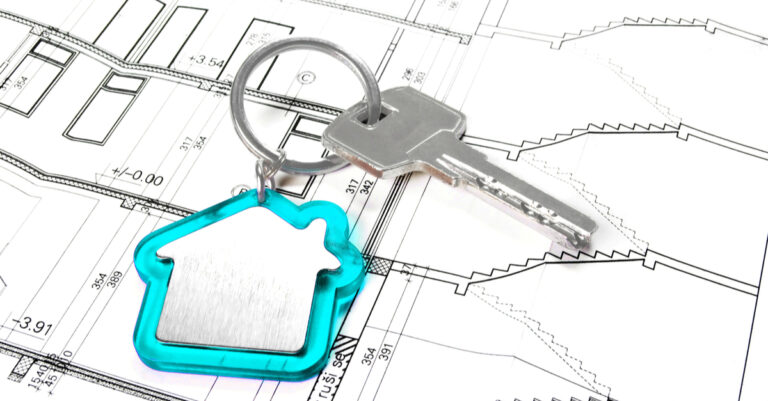In an important building industry decision, on 19 May 2022 in the Supreme Court of NSW case of Goodwin Street Developments Pty Ltd atf Jesmond Unit Trust v DSD Builders Pty Ltd (in liq) [2022] NSWSC 624 (“the Goodwin case”), Stevenson J determined that Mr Roberts, a project manager, was liable to pay damages to Goodwin Street Developments Pty Ltd (“Goodwin Street Developments”) for defective works, pursuant to section 37 of the Design and Building Practitioners Act (“the DBP Act”).
Section 37(1) of the DBP Act provides that:
“a person who carries out construction work has a duty to exercise reasonable care to avoid economic loss by defects:
- in or related to a building for which the work is done; and
- arising from the construction work”.
It has been unclear whether this duty of care includes developers, project managers, directors, supervisors, and the like, and the Goodwin case provides appropriate clarity on the issue.
DSD Builders Pty Ltd, the first Defendant, was a building and construction company that went into liquidation. Mr Roberts, the Second Defendant, is the husband of Ms Angela Sendjirdian (the owner of the company) and was appointed as the project manager to assist in the construction of three residential boarding houses for university accommodation. Goodwin Street Developments alleged that Mr Roberts had attended to ‘construction work’ and supervised over the said construction work pursuant to s 36 of the DBP Act and breached their duty of care under section 37 of the DBP Act. Mr Roberts was held to be liable for the defective works on site by Stevenson J, as Mr Roberts supervised the construction work in addition to project managing the site.
This decision is particularly important for directors, supervisors, project managers, developers and others, as the liability for defects and damages to a site can now be extended to those that may exercise control over or supervise construction work on site.
It is important to note that proceedings for defects and damages to a site, under section 37 of the DBP Act, need to be commenced within a 10-year limitation period as defined in Division 6.6, Section 6.20 of the Environmental Planning and Assessment Act 1979 (NSW).
The case of The Owners – Strata Plan No 84674 v Pafburn Pty Ltd [2022] NSWSC 659 also relates to duty of care owed under section 37. The Plaintiff in this case commenced proceedings 5 days from expiry of the 10-year limitation period. Stevenson J found that in addition to a developer being held liable for construction work carried out, a person that could have control over the construction work can also be held liable under the DBP Act. It was defined that a person “having substantive control over the carrying of any work” is a person who is in a position where they can control how the work is carried out and therefore has a prescribed duty under section 37.
Plaintiffs seeking to claim against a Defendant will need to show that the Defendant was aware of the risks that were involved on the site and that the Defendant was required to manage the risks.
Should you require any specific legal advice in connection with the potential operation of section 37 of the DBP Act, our team of specialist property and building and construction lawyers may assist you in navigating through the liability landscape.
Important Disclaimer: The content of this article is general in nature and for reference purposes only. It does not constitute legal advice and should not be relied upon as such. Legal advice about your specific circumstances should always be obtained before taking any action based on this publication.





